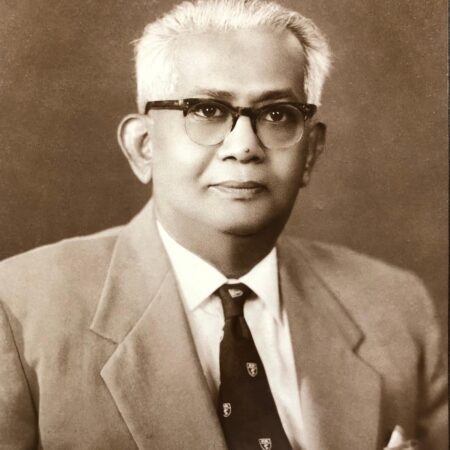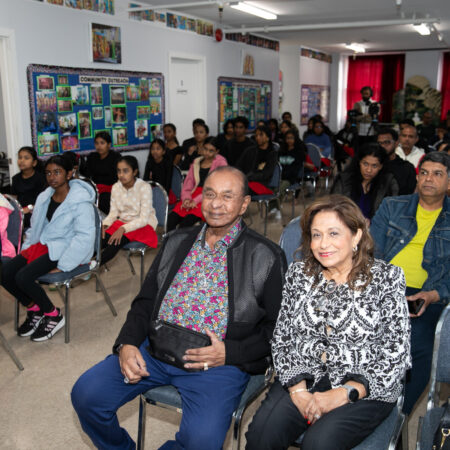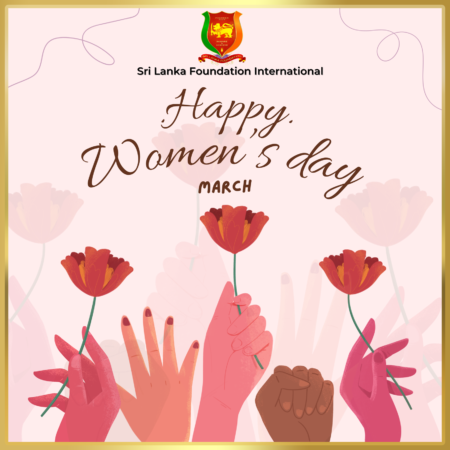Just like milk rice, oil cake (kevum), kokis and plantains, betel leaves are considered an indispensable item during the Sinhala and Tamil New Year. Its purity and holiness are the same to the kings as well as the common man. All of them respect, offer, receive and chew it with condiments like Arica, Chunam and Tobacco. Unlike any other item, anyone could share betel without the slightest of shame. Betel is offered to deities and the clergy seeking their blessings. During the New Year season, we exchange betel leaves to mark social acquaintances. Betel leaves have been an essential item in every aspect of life from times immemorial.
The betel leaf plays a pivotal role during the Sinhala and Tamil New Year. Offering of betel starts from the smallest unit in the society, the family. Elders in the family receive a handful or bundles of betel, each containing forty two leaves. This offering is to forget all ill will, hatred, differences and disagreements during the past year, and to invoke blessings for building cordiality, friendship, intimacy and oneness during the new year.
During ganu denu elders give the youngsters cash wrapped with betel leaves. At festive events including at times of performing religious rites, visiting and receiving relatives and friends, in anointment, cooking the first meal and in setting off for work in the New Year we use betal leaves as good luck. At weddings the closest members are invited for wedding feasts by offering a handful of betel leaves. Inviting ones relatives without betel leaves is likely to be taken as an insult. The betel leaf is given a prominent place in almost all activities of a marriage ceremony. When the bridegroom visits the bride, it is customary that he be received by offering a tray of betel. On the wedding day, the oldest member of the bridegroom’s party is received by the bride’s party on behalf of her parents and family members by offering bundles of betel leaves. The most important item in the Poruwa ceremony is betel. Betel leaves make the marriage ceremony a joyous occasion. The bride and bridegroom are made to drop betel on the Magul Poruwa. This is done with the hope of making the marriage a prosperous one.
See more at: http://www.dailymirror.lk











![TV-Poster-All-Exhibition-Sri-Lanka-in-Focus-USA-2025[1]](https://www.srilankafoundation.org/wp-content/uploads/2025/04/TV-Poster-All-Exhibition-Sri-Lanka-in-Focus-USA-20251-450x450.jpg)










